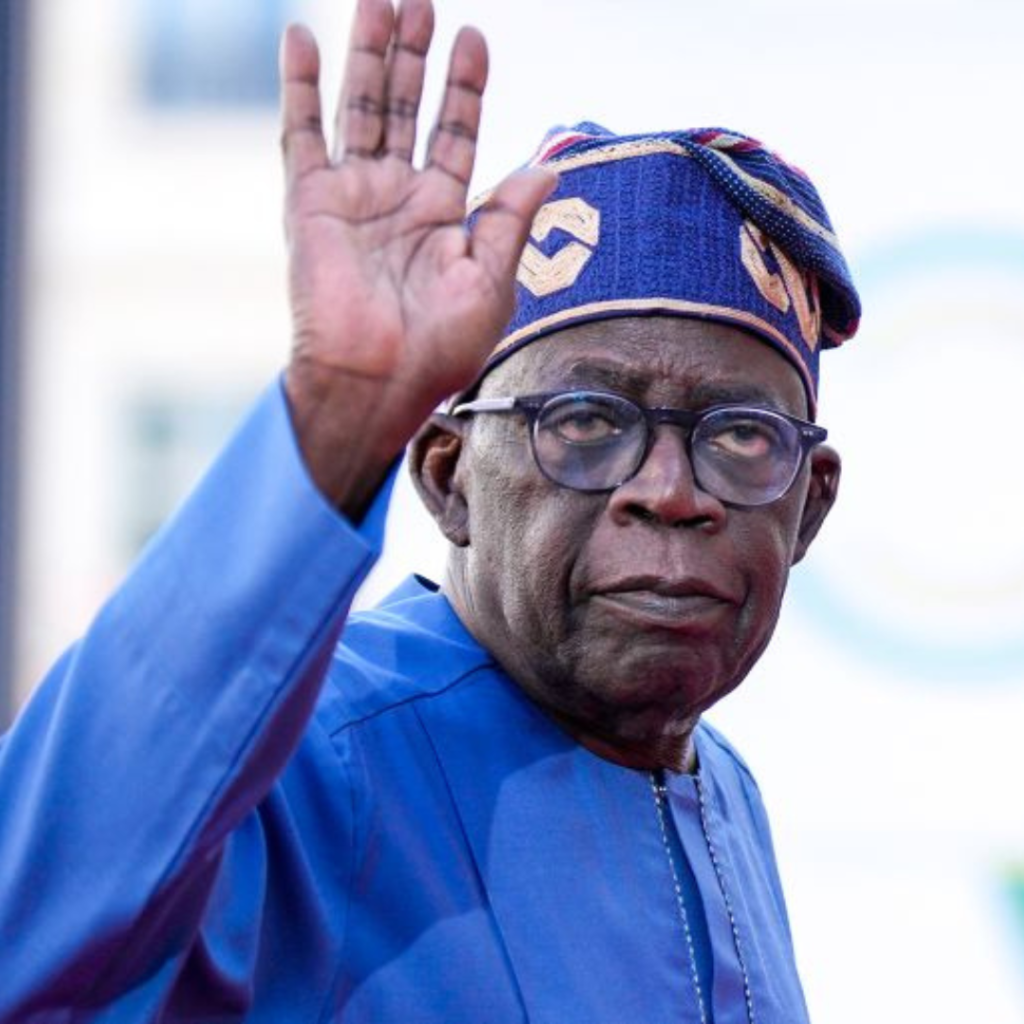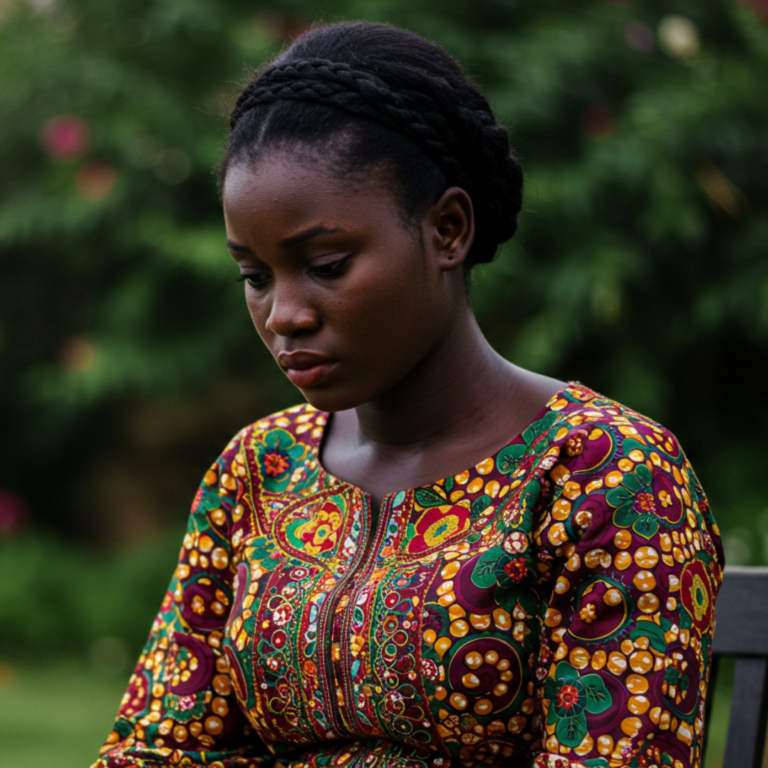
Electoral campaign season means promise season in Nigeria. These promises are typically bigger than life itself; most are never fulfilled. In 2023, many of President Tinubu’s promises targeted women, who made up 47.5% of total voters. Now, if these promises were debts, Tinubu would owe every woman in the country at least ₦35,000.
What’s going on?
Like every other presidential aspirant during the 2023 elections, President Tinubu released a manifesto document. His was titled “Renewed Hope 2023—Action Plan for a Better Nigeria.” In this document, he promised to reserve at least 35% of all positions under his administration for women. It’s been over two years since he made that promise, yet he’s nowhere near hitting that mark.
So, how many women are actually in his cabinet?
In his 2023 ministerial list, President Tinubu appointed nine women out of 48 ministers. That’s about 18.75%, far below the promised 35%. If you think the bar is in hell, you’d be surprised that it dropped even lower with only eight women now in his cabinet. The percentage is down to 16.7%. The reduction is partly due to a reshuffle that saw Betta Edu replaced as Minister of Humanitarian Affairs and Poverty Reduction by Dr Nentawe Yilwatda in October 2024.
Why does this matter?
Representation isn’t just about numbers; it’s about giving people a seat at the table where decisions affecting them are made. With women making up 49.47% of Nigeria’s population and 47.5% of voters in the 2023 elections, it’s fair to say they’re a force to be reckoned with when it comes to shaping the country’s future. But despite their contributions, women continue to face systemic barriers in politics and governance. The 35% promise was meant to address this imbalance and ensure women’s voices are heard at the highest levels of government, but here we are.
What could the administration do differently?
President Tinubu still has time to course-correct. If he wakes up one morning and decides to make good on his promise, he can start by appointing more women to other federal positions, boards, and agencies. He can also be more deliberate in assigning more women to key roles where they can make tangible impacts, not just serve as tokens of diversity.
Will Tinubu’s administration ever fulfil its 35% promise?
It’s hard to say. With two years gone, it seems less likely, but things could still change if Nigerians, especially women, continue to hold the administration accountable. Campaign promises should be treated like contracts, and citizens have every right to demand delivery.
In the end, promises to women are more than political bargaining strategies—they’re commitments to justice and equality. Failing to meet these promises is disappointing; it’s a disservice to nearly half of the nation’s population.
News is boring, but we make it fun. Subscribe to The Big Daily to be the first to know the day’s biggest news.




